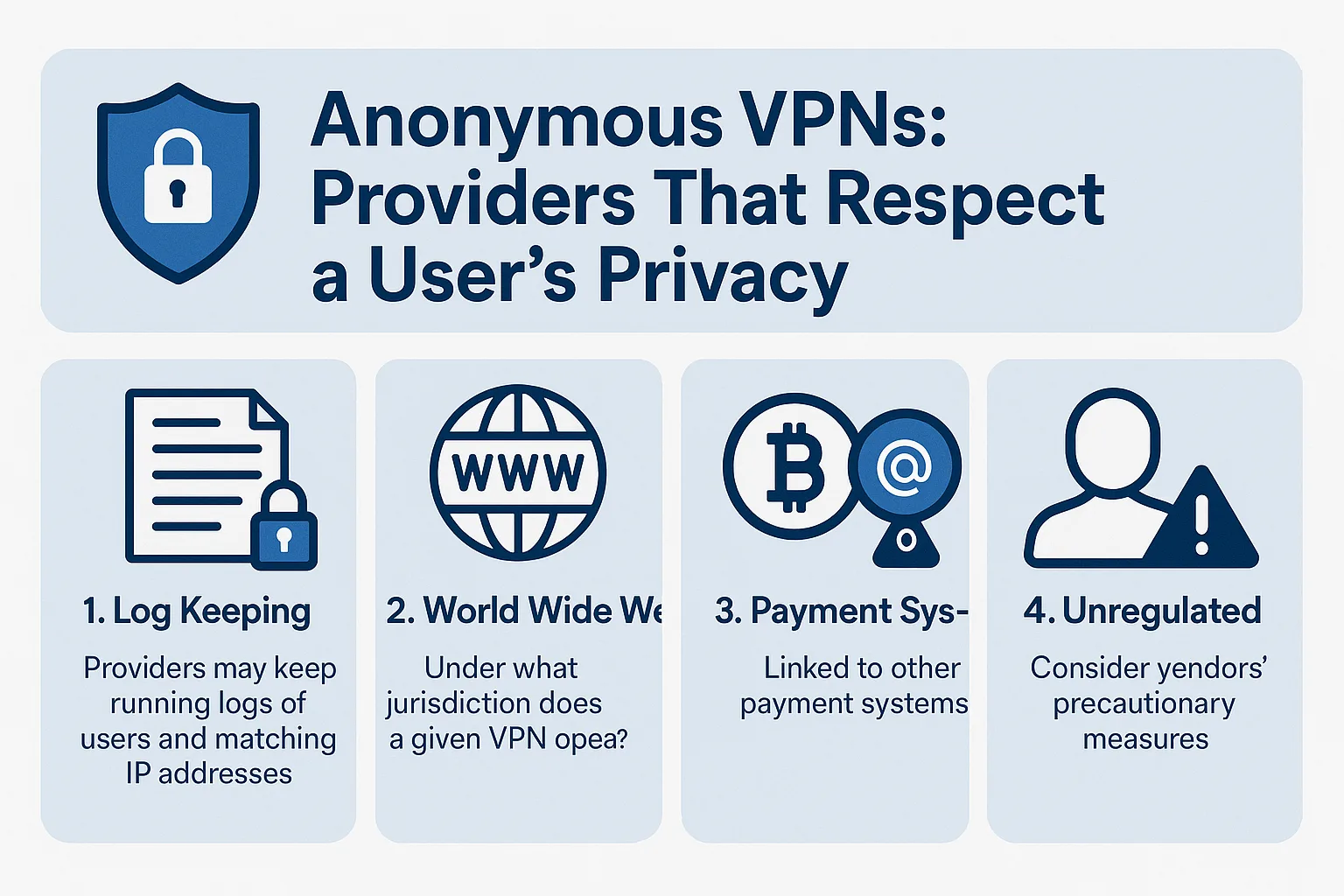08, Jun 2025
What Is a VPN and Why It Matters for Online Security:
Virtual Private Networks (VPNs) allow computers to send and receive information on platforms such as the Internet. Those providing resources and connections pledge legitimacy and privacy regarding users’ personal information and behavior.
With more consumers purchasing mobile devices, laptops, iPads, Kindles, etc., with Internet accessibility, attention to security is in high demand. Yet, a significant number of VPN users could be neglectful in placing great trust in providers.
VPN Logging Practices: What You Need to Know:
Providers may keep running logs of users and matching IP addresses, possibly exposing information and identity to a third party. Keen providers do not keep running logs on servers, not even for a second (“We keep no logs. This would make both us and our users more vulnerable, so we certainly don’t.”). Yet, it’s a point of exposure consumers do not commonly think about when using a VPN.
VPN Jurisdictions and Legal Responsibilities:
The Internet is worldwide; services may originate from anywhere, all with distinct rules and jurisdictions. Under what jurisdiction does a given VPN operate? Furthermore, what are their restrictions and responsibilities regarding your private information and third parties?
Some VPN providers indicate they “will not share any information without a valid court order,” later stating, “it would be impossible to align a user’s identity with their IP address.” Consoling words, yet it’s up to the consumer to do their homework on VPN providers.
Payment Systems and Privacy Risks:
A number of VPN services are linked to other payment systems, creating the potential for a security breach. While all providers pledge the utmost measures of security, some urge users to engage via an anonymous email. Furthermore, some mention the use of Bitcoin (“We would like to encourage our users to use an anonymous e-mail and pay with Bitcoins to ensure even higher levels of anonymity should it be required.”).
Consumers must consider exposure on one platform as well as that platform’s relationship to other third-party services.
VPNs and the Risk of Unregulated Content:
Online piracy of content runs rampant as download sites offer free music, books, movies, etc., illegally. Those offering downloads are subject to fine and years of imprisonment. Penalties are reserved for publishers as well as those downloading. Some cases have found defendants guilty of downloading less than 50 songs, yet attracting penalties equaling in the thousands.
Ensure a given VPN provider works in accordance with the DMCA. Seek vendors (such as Vuze.com) abiding by copyright and content regulations.
VPN Encryption and Data Protection:
VPN services provide a network of possibilities, yet there should be zero reason to maintain the actual data. That is why services encrypt data, making it virtually impossible for hackers to align identities with personal IP addresses. Even when using public services—from a café, for instance—all public users should be safe from one another and outside hackers, disabling theft of personal information.
Of course, providing credit card and personal information over a VPN source does create another layer of possible intrusion; therefore, all consumers need to proceed with caution.
Final Thoughts on Using VPNs Safely:
Using VPNs is a convenient and oft-leveraged service, yet users need to keep aware of vendors’ precautionary measures, facilitating the security of personal information.

Post A Comment